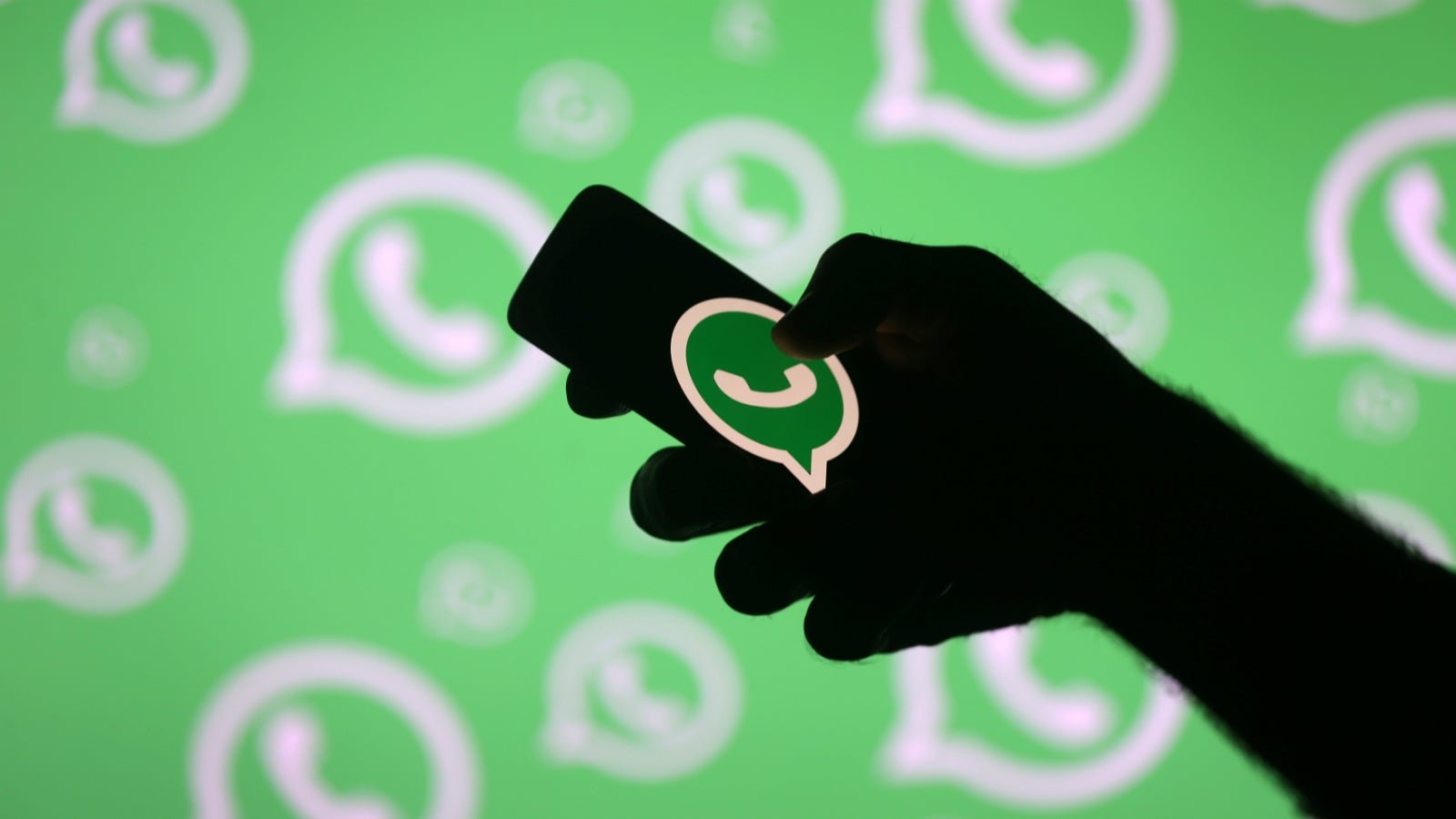WhatsApp is now betting on Indian primetime television to fight fake news
Ahead of India’s next general election, WhatsApp is taking to primetime airwaves to curb misinformation on its platform.


Ahead of India’s next general election, WhatsApp is taking to primetime airwaves to curb misinformation on its platform.
Yesterday (Dec. 03), the world’s largest messaging app, which has at least 200 million users in India, launched its first ever television campaign. The Facebook-owned company has produced three 60-second video ads focused on educating Indians about the dangers of fake news and spurious forwarded messages.
Fake news has become a life-and-death issue in India lately. Many incidents of violence, including around 25 cases of mob lynching, have been allegedly linked to online rumours. For instance, in June, some attributed the killings of two men in India’s northeastern state of Assam, in part, to WhatsApp-based messages.
The company has also come under fire from the Indian government, with the electronics and IT ministry asking it in July to figure out a mechanism to trace problematic forwarded messages.
WhatsApp, which uses end-to-end encryption—not even the company can read the content—has consistently demurred, citing user privacy. Some civil society members have also cautioned against asking WhatsApp to break its encryption, which they say could potentially lead to censorship.
The platform has opted for these ad campaigns, besides other measures, to indicate its seriousness in curbing fake news.
Making amends
WhatsApp’s ads are directed by Mumbai-based filmmaker Shirsha Guha Thaktura. One of the videos tells the story of a young woman who has moved away from home and uses WhatsApp to stay in touch with her family. When her uncle forwards a fake news message on the family group, she calls him to tell him that he should not share such rumours, and convinces him to leave the group from where he sourced the offending message.
Currently, WhatsApp’s Youtube channel has the ads in Hindi and English, but a company press release says they will be made available in 10 languages.
To address the issue of fake news, the messaging platform had earlier used newspaper and radio ads, too. Its latest campaign includes redoubled efforts in these media. The new radio ads, in particular, will be broadcast on more channels than they were before.
In fact, WhatsApp’s efforts have extended beyond education campaigns in the country.
In India, the company has limited the number of chats to which one can forward a message to five (instead of the global standard of 20), and introduced a tag that indicates when a message is a forward. The company is also actively banning accounts that exhibit suspicious, spam-like behaviour. It has reportedly banned around 300,000 (paywall) India-based accounts for such reasons.
WhatsApp’s moves come at a time when political parties are ratcheting up their digital campaigning ahead of the country’s general election in 2019. The company is scaling up its team in India, opening up positions for a legal head and a public policy head.
In late November, it brought on board Abhijit Bose, founder of payments-company Ezetap, to be its India head. This marked the first time that WhatsApp hired someone to head operations in a specific country outside of the US.
Read Quartz’s coverage of the 2019 Indian general election here.